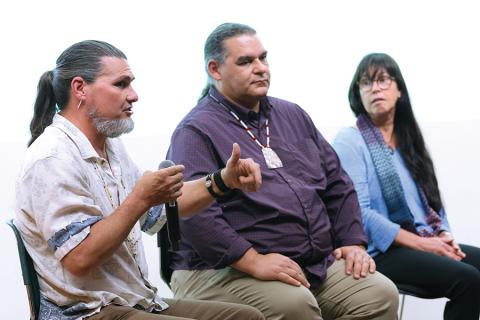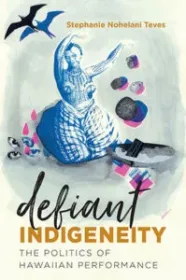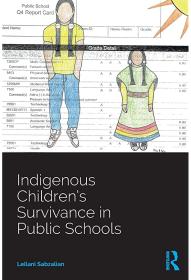Mapping the Americas: The Transnational Politics of Contemporary Native Culture
"In Mapping the Americas, Shari M. Huhndorf tracks changing conceptions of Native culture as it increasingly transcends national boundaries and takes up vital concerns such as patriarchy, labor and environmental exploitation, the emergence of pan-Native urban communities, global imperialism, and the commodification of indigenous cultures.While nationalism remains a dominant anticolonial strategy in indigenous contexts, Huhndorf examines the ways in which transnational indigenous politics have reshaped Native culture (especially novels, films, photography, and performance) in the United States and Canada since the 1980s."
Publication
2009








